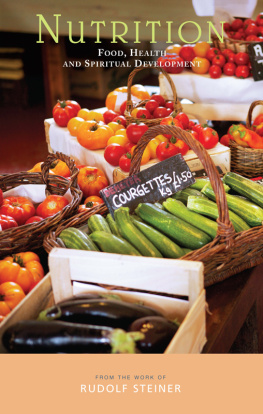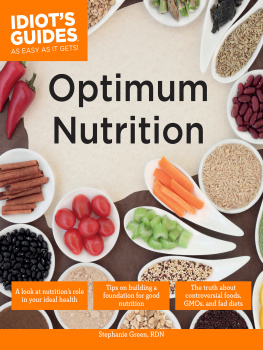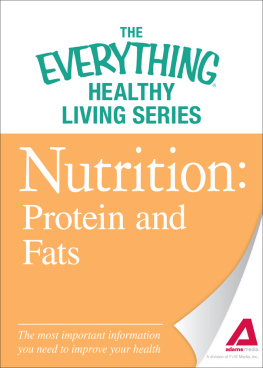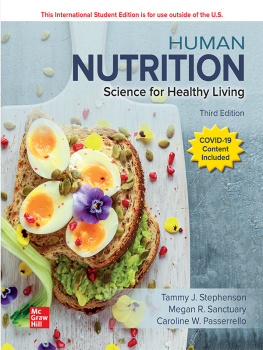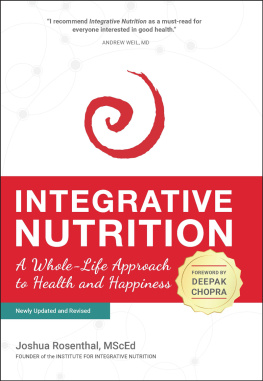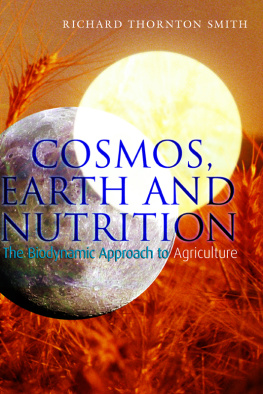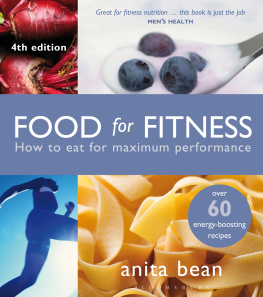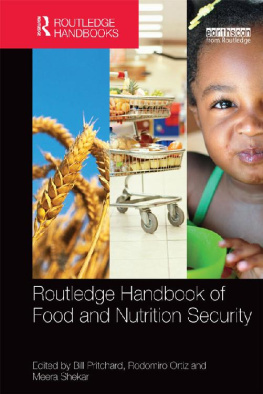
RUDOLF STEINER (1861-1925) called his spiritual philosophy anthroposophy, meaning wisdom of the human being. As a highly developed seer, he based his work on direct knowledge and perception of spiritual dimensions. He initiated a modern and universal science of spirit, accessible to anyone willing to exercise clear and unprejudiced thinking.
From his spiritual investigations Steiner provided suggestions for the renewal of many activities, including education (both general and special), agriculture, medicine, economics, architecture, science, philosophy, religion and the arts. Today there are thousands of schools, clinics, farms and other organizations involved in practical work based on his principles. His many published works feature his research into the spiritual nature of the human being, the evolution of the world and humanity, and methods of personal development. Steiner wrote some 30 books and delivered over 6000 lectures across Europe. In 1924 he founded the General Anthroposophical Society, which today has branches throughout the world.
NUTRITION
Food, Health and Spiritual Development
RUDOLF STEINER
Compiled and edited by Christian von Arnim
RUDOLF STEINER PRESS
Rudolf Steiner Press
Hillside House, The Square
Forest Row, RH18 5ES
www.rudolfsteinerpress.com
Published by Rudolf Steiner Press 2012
Earlier English publications: see Sources section
Originally published in German in various volumes of the GA (Rudolf Steiner Gesamtausgabe or Collected Works) by Rudolf Steiner Verlag, Dornach. For further information see Sources. This authorized translation is published by permission of the Rudolf Steiner Nachlassverwaltung, Dornach.
All material has been translated or checked against the original German by
Christian von Arnim
Translation and selection Rudolf Steiner Press 2008
All rights reserved. No part of this publication may be reproduced, stored in a retrieval system, or transmitted, in any form or by any means, electronic, mechanical, photocopying or otherwise, without the prior permission of the publishers
A catalogue record for this book is available from the British Library
ISBN: 978 1 85584 282 3
Cover by Andrew Morgan Design featuring a photograph by Will Heap
Typeset by DP Photosetting, Neath, West Glamorgan
Contents
Introduction
Nutrition is a subject which has firmly entered our general awareness today. From the growth of obesity in wealthy western societies to the quality of our food and the way it is produced, what and how we eat has become a subject of debate at all levels from government policy-makers to the home. Healthy eating has become just as much part of the debate around ecological lifestyles, sustainable agriculture, intensive farming and animal rearing, the value of organic foods and how we treat the planet as the overarching questions associated with global warming and the future of human development.
Rudolf Steiner may not yet in his day have had to grapple with wider ecological issues such as whether it is more ecologically sound to fly beans thousands of miles from Africa to European markets than to grow them closer to home in the colder European climate using hot houses which may leave just as large a carbon footprint because of the energy needed to heat them, but nutrition as a subject was well established. The investigation of the composition of foods and the effect on health of proper amounts of substances like carbohydrates, minerals, fats and proteins had started in its modern form in the mid-eighteenth century.
In 1770, Antoine Lavoisier, the Father of Nutrition and Chemistry, discovered the actual process by which food is metabolized. In the early 1800s the discovery was made that foods are composed primarily of four elementscarbon, nitrogen, hydrogen and oxygenand methods were developed for determining the amounts of these elements. In the mid-nineteenth century the German chemist Justus Liebig undertook influential work on plant and animal physiology. It is worth noting that chemistry, along with the natural sciences and mathematics, was one of the subjects studied by Steiner during his student days in Vienna.
Yet while scientific and medical research into nutrition and healthy or harmful diets has, of course, moved on again in the 90 odd years since Steiner was lecturing on the subject, what is also clear is that one thing has not altered: the extent to which nutritional advice still keeps changing and sometimes contradicting itself as new research throws a different light on previously accepted axioms with regard to what is healthy or not so healthy for us to eat. That this was already an issue in Steiners day is illustrated in his example of the daily portions of protein which it is advisable to eat.
Just like the delicate balance of our external natural environment, where an action in one part may have unexpected, not to say unintended, consequences in another, the human being also represents a cohesive and integrated sphere, both as a physical and a spiritual being. In this sense any dietary recommendation may produce unexpected results, which may not always be immediately apparent. And this is where Steiner goes far beyond current nutritional research (which is largely restricted to the effect of substances at a material level) in that he investigates the effect of foods on the whole human being at a much more fundamental level, including the spiritual elements permeating the physical body. In this way he avoids the potentially unexpected consequences of a one-sided materialistic perspective.
This approach gives his results a significance that has not lost any of its relevance, and is much more subtle. It recognizes that protein, for example, may have different effects depending on its source and that not only is the physical health of the human being influenced by the kind of food we eat, but also our spiritual well-being. In this wider view, eating the right kinds of food can either promote or hinder our development as whole human beings.
In terms of its structure, the book moves from the more general view to the particular. In the early chapters, Steiner describes nutrition and substances in the wider context of the human being as a spiritual entity and, indeed, against a cosmic background. On this basis, the later chapters then describe the actions and effects of particular types of food in greater detail. These lectures were given to different types of audience; some were made up of the general public while others were mainly anthroposophists following a path of spiritual development, so the tone also varies from the more general to the more intimate.
One thing which emerges clearly in all that Rudolf Steiner says about nutrition is that he never wishes to be prescriptive. At no point does he try and tell his audience what they should or should not be eating, whether or not they should follow a vegetarian diet, whether they should or should not smoke or drink alcohol. He repeatedly states that it is not his task to tell people what to eat or how to behave. The job of the scientist is to explain how things act and their effectwhat people then do with that knowledge is entirely up to them. One reason for this may lie in the fact that the effects of a particular diet can be influenced by the particular circumstances of the individual. It may be better for a person to eat a meat diet, for example, at a certain stage of his life, and blanket prescriptions are simply beside the point because they leave the individual out of consideration.
But more fundamentally Steiner here, as elsewhere, never wishes to impinge on the freedom of the individual. Each person must recognize what is the appropriate diet for him at any given time. Although, as Steiner also points out, people in our modern age have increasingly lost the instinct for what is good or bad for them to eat, that is no reason for him to be prescriptive. It is up to each of us individually to work out what is the right course of action in our particular situation. Our diet not only determines our physical well-being, but can also promote or hinder our inner spiritual development. What Steiner wishes to do is give us the tools that can help us to understand how we can best promote our physical health and spiritual progress.
Next page
